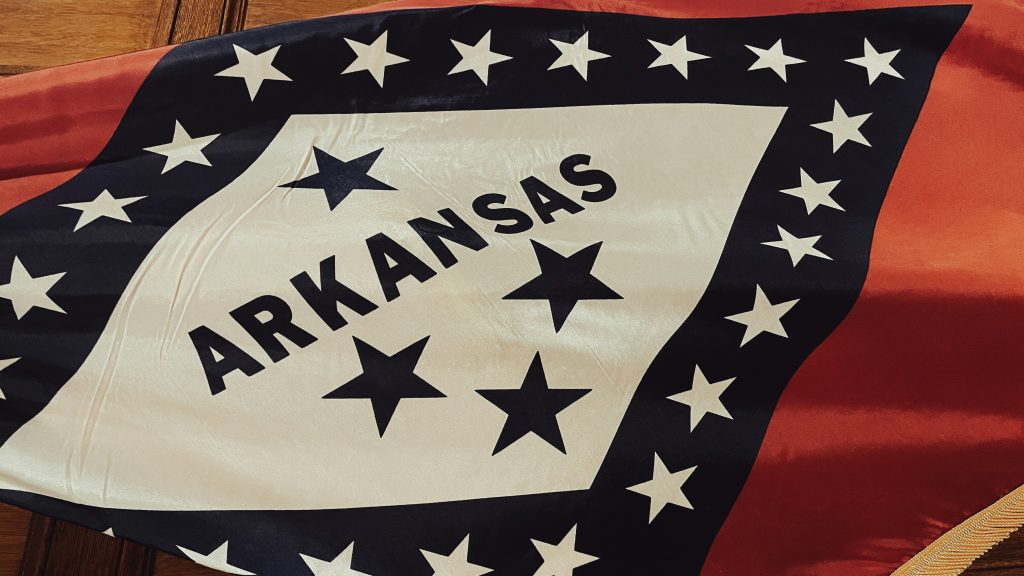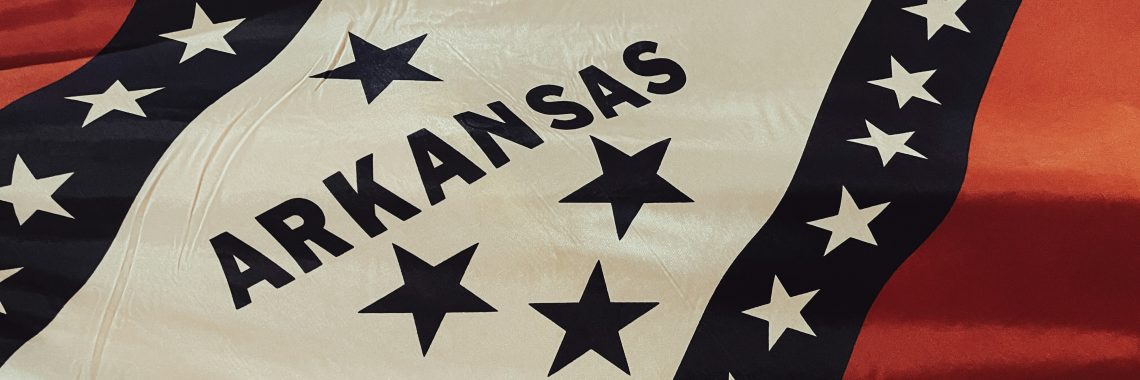State of Arkansas Has Not Disbursed $2M Appropriated for Moms in Need

So far this fiscal year, the State of Arkansas has not disbursed any of the grant funding that lawmakers and Governor Sanders appropriated in April to support women with unplanned pregnancies.
Act 1006 of 2025 by the legislature’s Joint Budget Committee provides $2 million for grants to pregnancy help organizations — including pregnancy resource centers, maternity homes, adoption agencies, and other charities that provide material support to women with unplanned pregnancies.
The State of Arkansas also can award funding to charities that promote infant and maternal wellness and reduce infant and maternal mortality by:
- Providing nutritional information and/or nutritional counseling;
- Providing prenatal vitamins;
- Providing a list of prenatal medical care options;
- Providing social, emotional, and/or material support; or
- Providing referrals for WIC and community-based nutritional services, including food banks, food pantries, and food distribution centers.
Act 1006 makes it clear that grant money will not go to abortionists or their affiliates.
Under the measure, the Department of Finance and Administration (DFA) is responsible for receiving grant applications and disbursing grant funds to charities that support women with unplanned pregnancies.
DFA opened the grant application window for pregnancy help organizations last summer, and DFA spokesperson Scott Hardin tells Family Council the department received a total of 39 applications. However, the department does not currently have a timeline for awarding grants to the pregnancy help organizations.
Since 2022, Family Council has worked with the Arkansas Legislature and the governor to secure funding every year for pregnancy resource centers. These state-funded grants have provided millions of dollars to charities in Arkansas.
By working through existing charities, Arkansas is able to support women and children without creating new government offices or bureaucracy.
The grants are optional. Pregnancy resource centers are not required to accept public tax dollars if they do not want to. But for those who receive grant money, the funding may make a tremendous difference.
Pro-lifers in Arkansas have made abortion illegal. We need to make abortion irrelevant and unthinkable as well. Supporting pregnancy help organizations is one way we can do that.
Pregnancy resource centers give women real options besides abortion, making it less likely they will travel out of state for abortion or order illegal abortion drugs online.
Arkansas’ Pregnancy Help Organization Grant Program provides millions of dollars for women and unborn children and their families. Family Council has been pleased to work with our friends in the Arkansas Legislature and the Governor’s Office to make this funding available, and we look forward to seeing it distributed to eligible charities in communities all across Arkansas.
Articles appearing on this website are written with the aid of Family Council’s researchers and writers.




